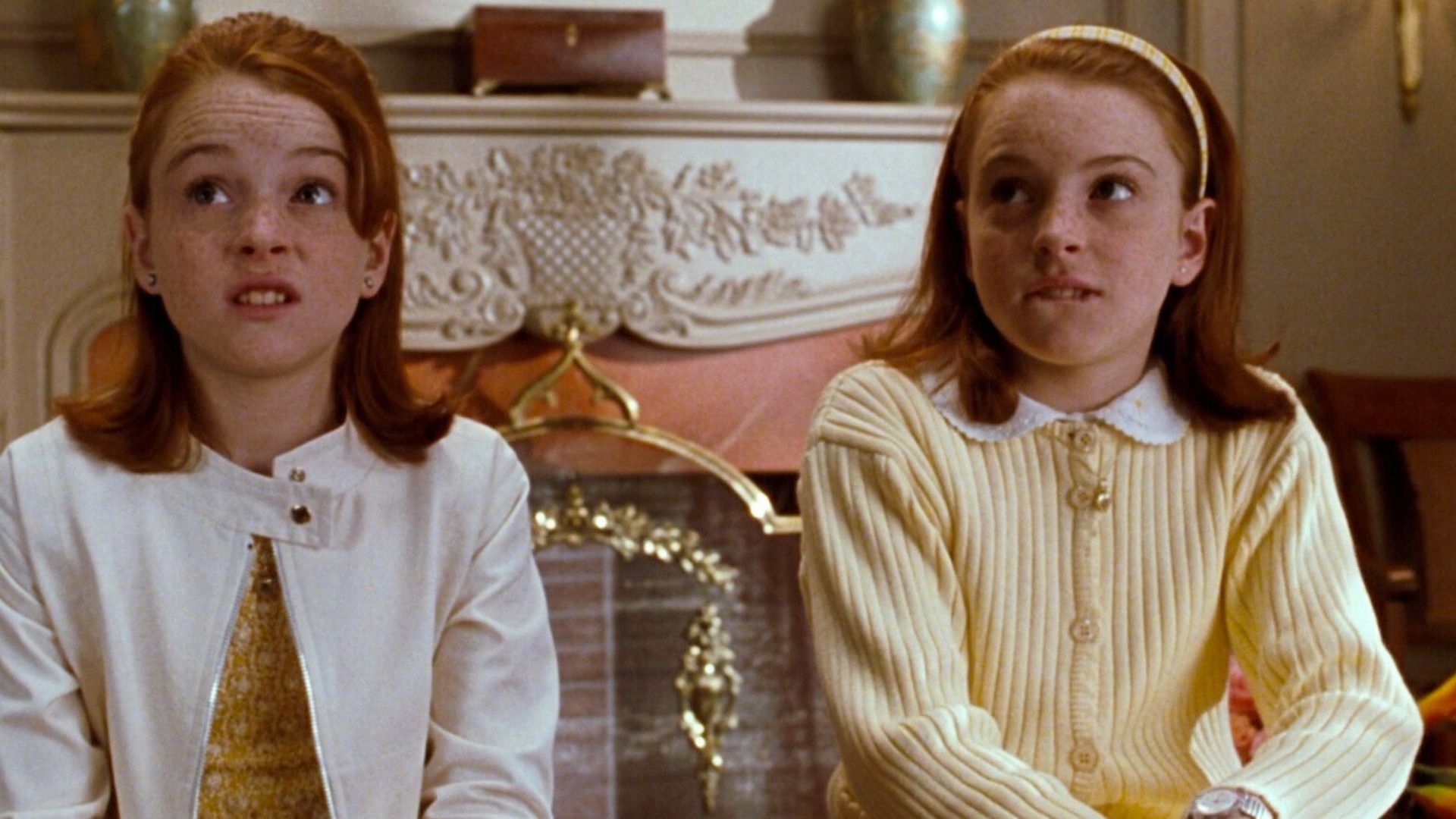A Bleak and Beautiful Journey into a Post-Apocalyptic Frontier
Forgive Us All is a 2025 New Zealand film that blends neo-Western aesthetics with post-apocalyptic horror, delivering a haunting exploration of survival, grief, and moral decay. Written and directed by Jordana Stott in her feature debut, the film marks a bold and atmospheric entry into genre cinema. With its stunning South Island landscapes, raw performances, and minimalist storytelling, Forgive Us All is a gritty yet poetic tale that confronts both human and monstrous nature in equal measure.
Set in a world ravaged by an unspecified viral catastrophe, the story follows Rory, a grieving mother played by Lily Sullivan, who retreats to a remote cabin in the mountains after the loss of her daughter. The virus has decimated civilization, turning many survivors into feral, cannibalistic creatures known as Howlers. Rory chooses solitude over chaos, surviving in silence until a mysterious, wounded man named Logan (Callan Mulvey) stumbles into her world. Logan carries with him the promise of something greater—a chance at rebuilding, or perhaps simply surviving together.

However, Rory and Logan are not alone in the wilderness. A brutal authoritarian group known as GMA begins hunting those who live beyond their control. Among them is Otto (Richard Roxburgh), a chilling enforcer who embodies the cruelty of the new world order. As danger closes in, Rory is faced with a choice: remain hidden in her grief or fight back to protect the last remnants of her humanity.
What sets Forgive Us All apart from other entries in the post-apocalyptic genre is its quiet, measured tone. The film eschews large-scale action for intimacy and emotional intensity. Director Jordana Stott uses stillness and silence as tools, allowing the characters’ inner lives to unfold slowly. The horror here is not just in the flesh-eating infected or violent gangs, but in the trauma and isolation that linger in the wake of loss. The pace is deliberate, evoking comparisons to films like The Road or Leave No Trace, though Forgive Us All has a unique voice of its own.

Lily Sullivan delivers a powerful lead performance, portraying Rory as both fragile and fierce. Her transformation from a withdrawn survivor into a reluctant warrior is subtle and deeply felt. Callan Mulvey provides a strong counterbalance, his character mysterious yet grounded in empathy. Richard Roxburgh, as the menacing Otto, brings a cold precision to his role that lingers long after his scenes end.
Visually, the film is breathtaking. Shot in Queenstown and the surrounding wilderness, the vast, empty landscapes mirror the emotional desolation of its characters. The cinematography captures both the beauty and indifference of nature, making the setting as much a character as the people within it. The score is sparse but atmospheric, complementing the film’s themes of isolation and resilience.
Forgive Us All is not a conventional horror film. It is a stripped-back, emotionally resonant journey into a world where the greatest challenge may not be survival, but remembering what it means to be human. It is a remarkable debut and a standout in contemporary New Zealand cinema.



